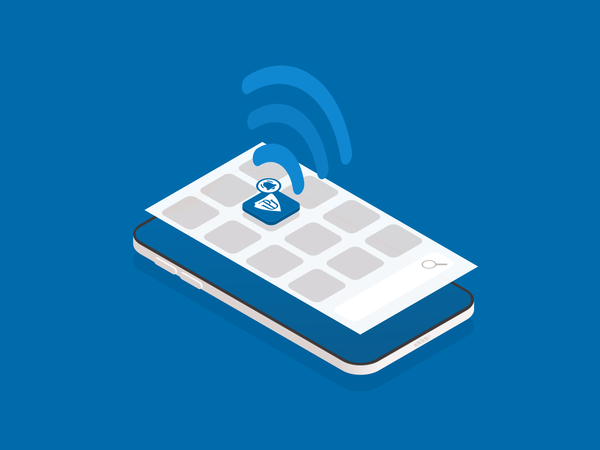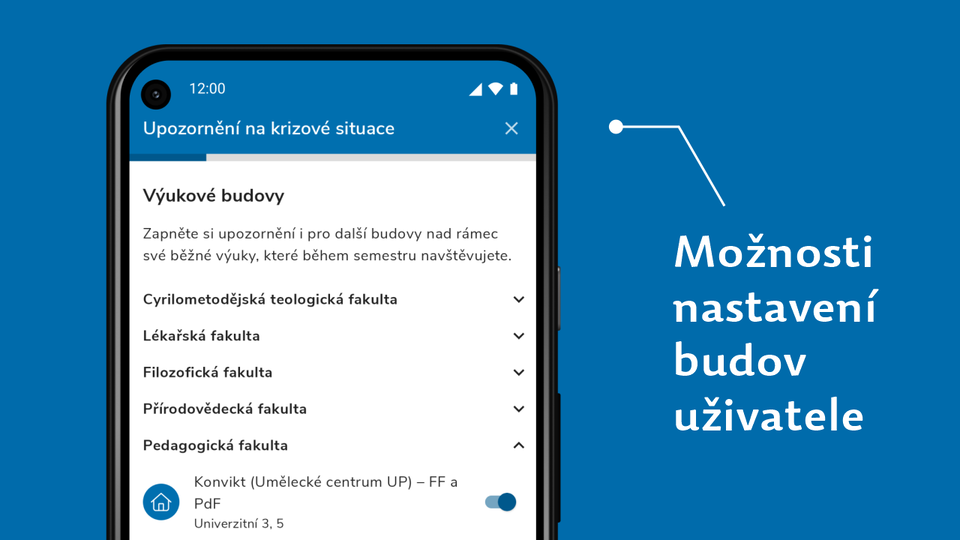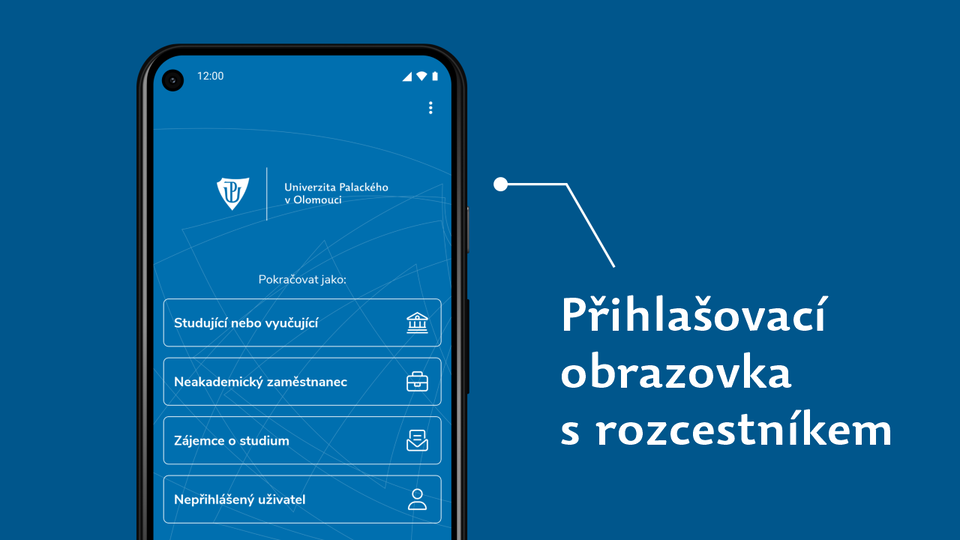Starting tomorrow, Palacký University’s custom mobile app – UPlikace – will also feature a unique tool for communicating with students and staff in crisis situations. In case of danger or serious events affecting operations, it can send messages containing essential information and instructions on what to do.
Building a mass communications crisis network has been made possible thanks to the university’s UPlikace mobile app, already used by over 90% of students and a number of academics. Now it will also be made available to non-academic workers, including the crisis module.
“It was not only the events of recent months which have forced us, like other universities, to focus on monitoring and improving safety at the university, which includes operational communications with our students and employees. We are now recommending all who have not yet installed UPlikace on their mobile phones to do so,” said UP Chief Administrative Officer Martin Tomášek, leader of the workgroup for improving safety at UP.
Guide helps users with settings
The crisis module will be available in UPlikace starting 28 November 2024. It will automatically show all users a guide which specifies the places and buildings which they use during the semester. Students and academics will see the buildings in which they are according to their academic schedules in the given semester in STAG. However, it is recommended to go through UPlikace and add the places where you often go during the semester – for example, libraries, canteens, or dormitories.
Crisis alerts will be sent to the locations affected by the emergency situation. If the user has the affected building activated on account of classes, work responsibilities, or as a place where they go during the semester, they will get the warning. If the situation occurs at a specific location not activated in the app, they will not get the warning. It is not the goal of the UPlikace crisis module to provide 100% coverage to people at the point of an emergency situation, nor is that technically possible. Nevertheless, the more users who get the warning, the more likely it is that the information will be shared with others in the location,” explained Tomášek, adding that the automatic location identification in a crisis situation can only use the components of the national emergency services [Integrovaný záchranný systém (IZS)]. In the new semester, students’ and teachers’ lists of buildings will be automatically upgraded according to their schedules.




